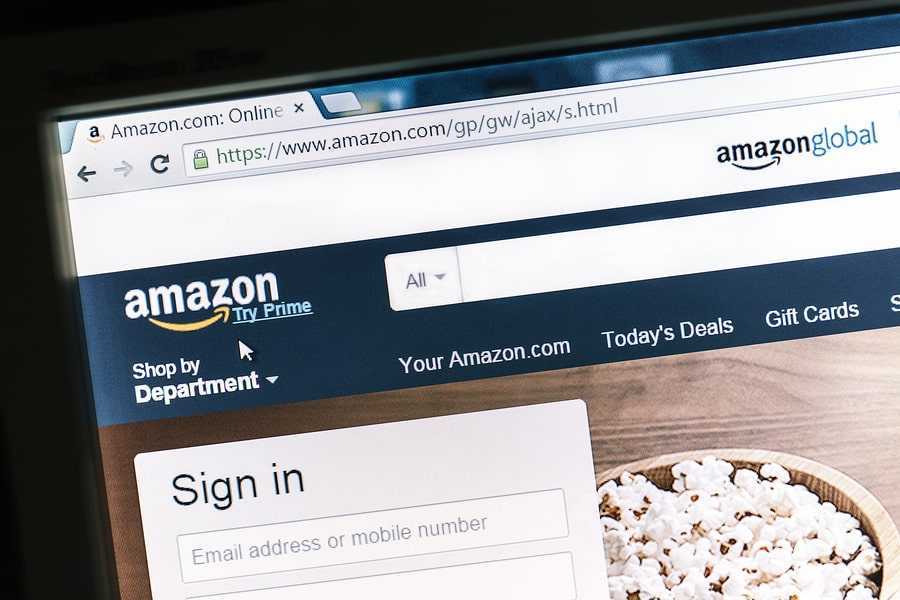Amazon vs Publishers: 7 Things You Need to Know

Depending on how a writer sees the publishing industry, either Amazon or a traditional book publisher can be seen as a bad guy. Although writers use their medium as a way to express their creativity, there must also be an emphasis placed on profits being made. Eventually, you want to earn a livable income as a writer, correct? So how a writer can make their money often puts them onto one side or the other of the Amazon vs Publisher’s debate.
“Either Amazon or a traditional book publisher can be seen as a bad guy. #selfpub #indiepub #indieauthors” username=”
If you’re wondering how to have your manuscript published as a first-time writer, we’ve put together these 7 things you’re going to want to know about this particular debate. This way you can make the decision that is right for you.
#1. How much do you think you’ll earn in royalties?
If you’re a first-time writer, there’s a good chance you won’t earn much of an advance from a traditional publisher. You’re guaranteed not to earn an advance if you publish through Amazon. This means one must look at the individual royalties that are expected from the book. If you think you can do a good job of selling on your own, then the 35-70% royalties that Amazon offers could be quite attractive. If you want more of a long-term publishing relationship where you don’t have to do every business and marketing task, then the traditional route is the way to go.
#2. How are your editing skills?
If you’re working through Amazon, then you’ll either need to edit your manuscript on your own or shell out a few hundred bucks to have someone edit it for you. For some writers, that’s not an issue at all. For others, really struggle with the copyediting process especially. If you go the traditional route, then most publishers have an in-house editing department that will work with you as a writer to perfect the elements of your story and make sure the grammar is as accurate as possible.
“Find your own voice.”
— James Patterson
101+ Authors on Writing https://t.co/Mrph7SeWdE #WritingQuotes pic.twitter.com/T1A8vwMVhG— DIY Author (@DIYauthor) May 8, 2016
#3. There’s the issue of the bookstore.
If you publish through Amazon, then you’re basically choosing to make your manuscript and e-book and nothing else. There are self-publishing and on-demand publishing options that are allowed through your Amazon contract, but these can be quite costly – especially if you’re wanting to have a hardcover version of your novel. If you publish through a traditional publisher, you’re much more likely to have your book printed on real paper and stocked in a real bookstore.
#4. You also have rights issues to consider.
Most traditional publishers require a writer to work through an agent and this is to your advantage when it comes to subsidiary rights. Every version of your book that gets published, whether that’s in a different language, a different format, or even its availability to a different market, is a chance for you to earn more money through the rights to your work. Many more of those rights are open to you through traditional publishing than they are through Amazon. Amazon publishing just gives you the 35-70% commission based on customer location and nothing else.
#5. Both options require some level of exclusivity.
If you choose exclusivity through Amazon, then you open up more markets to a 70% commission level based on the price of your book. If you choose exclusivity through a traditional publisher, it may mean you’re getting contracted to write more books for them in the future. Both options give you some advantages and disadvantages which can only be considered at a personal level, so be sure to give all the pros and cons some thought before deciding on a final outcome.
#quotes#writingquotes pic.twitter.com/nWUYb1KUF7
— Gayle Rodgers (@GayleRodgers08) May 6, 2016
#6. Pricing changes are easier through Amazon.
If you want adaptability to changing market conditions, then Amazon might be your better option. Many changes can be made to the listing of your book in 72 hours or less. A publisher, on the other hand, might have the authority to reject any changes that you might want to make. If they do make changes it could take weeks instead of days to filter through.
#7. Who do you want to have the final say?
If you stick with Amazon, then you have the final say over the direction of your book. If you go with a traditional publisher, you’re ultimately giving them the final say over the direction of your book. Your preference in this area may dictate how you view the Amazon vs Publishers debate.
